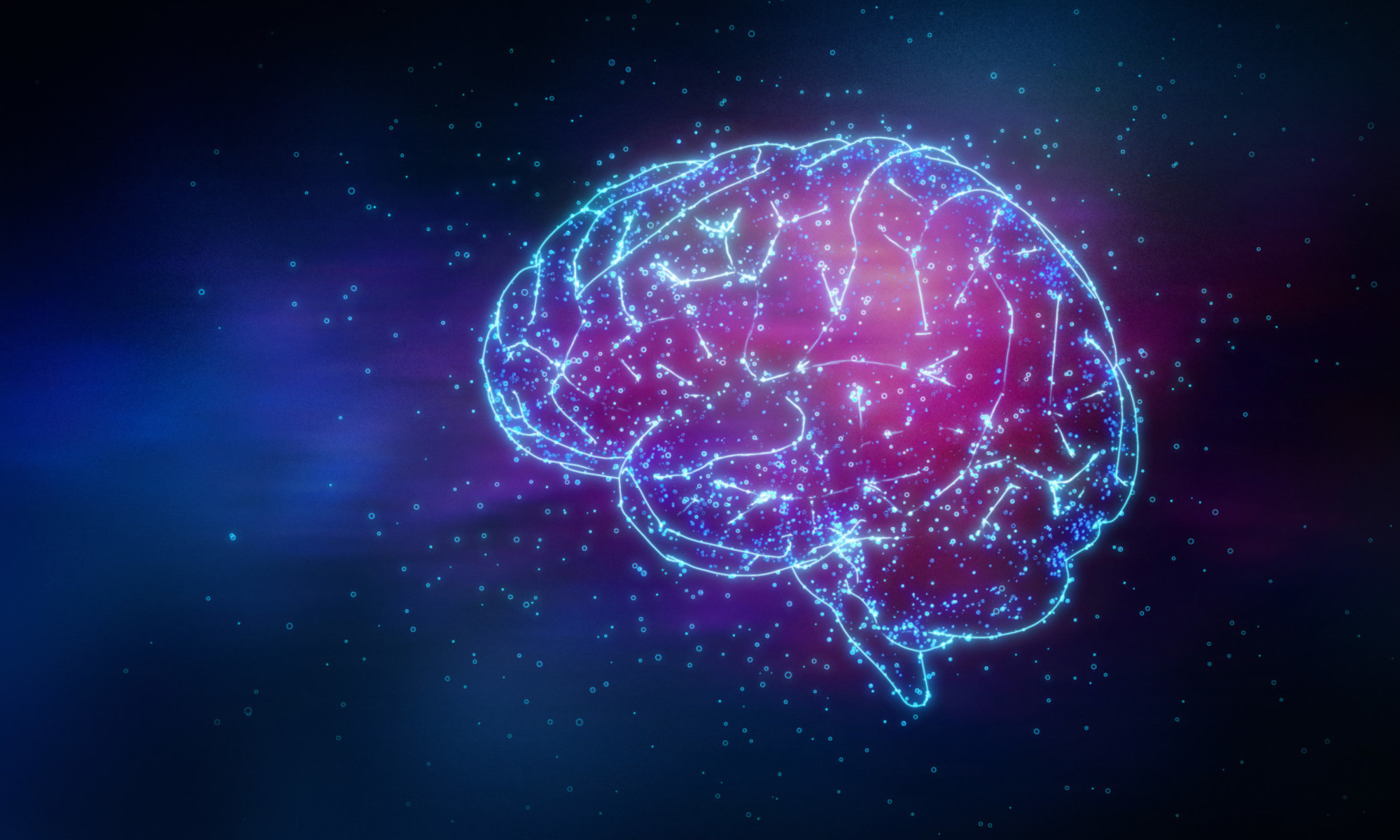Generally, Science is a system of knowledge acquisition. Through different processes such as observation, experimentation and making inferences, the system can describe and explain the many why’s and how’s in the environment. Science describes and rationalizes natural occurrences on earth. The main purpose of Science is to produce essential facts and truth through world explorations. These are all possible by application of scientific method in every scientific investigation.
Science has four major branches which are categorized in various form of studies. One of the major branches is the physical science.
Physical science, on the other hand, has categories such as physics, geology, chemistry, and astronomy. Focusing on the area of Physics, this study is closely related to science. Physics embodies knowledge of the natural world. Basically, physics is the study of matter, which is anything that consists mass and takes up space. This is a natural science that focuses on matter and its motion and conduct in space and time. It is also related to energy and force. Physics is one of the most ultimate disciplines in the world of science aiming to explain and understand the behavior of the whole universe.
Physics, on the other hand, refers to the physical universe but has distinction among other studies like chemistry, geology, and astronomy. It is more specific when it comes to principles and studies. For instance, when chemical reaction of quantum electrodynamics (QED) is concerned, physics is involved operationally.
Furthermore, Physics describes the processes in geology in terms of studying the earth’s features and minerals. It is the most important and wide-ranging study of all sciences. It has a philosophical conclusion on all scientific occurrences. Indeed, physics is the counterpart of natural philosophy nowadays, where all field of sciences is modernized.
In school, scholars of different fields take up the basics of physics because of its fundamental role in the existence of every occurrence. It is also associated and fairly related in the field of engineering, industries, mathematics and even physics itself. Knowledge integration of Physics creates unified concepts and gives a solid description of the reality in Mathematics. Every phenomenon on earth can be supported in terms of moving and wavering physical bodies. But realization is achieved only through coordination of facts and principles of physicists and scientists.
From time to time, sciences have relatively significant limitations when it comes to principles, operations, and functions. Despite those boundaries, physics is completely related to other sciences.
We take it into account that empowered physics, with its abundant hypothetical and experimental knowledge, is a consistent source of learning integration. Many scientists have proven unlimited and essential contribution to modern science. Albert Einstein, one of the remarkable scientists of olden days once said, “The physicist cannot simply surrender to the philosopher the critical contemplation of the theoretical foundations for he himself knows best and feels most surely where the shoe pinches. … He must try to make clear in his own mind just how far the concepts which he uses are justified … The whole of science is nothing more than a refinement of everyday thinking”. This is why physics is the answer to the complexity of science.

